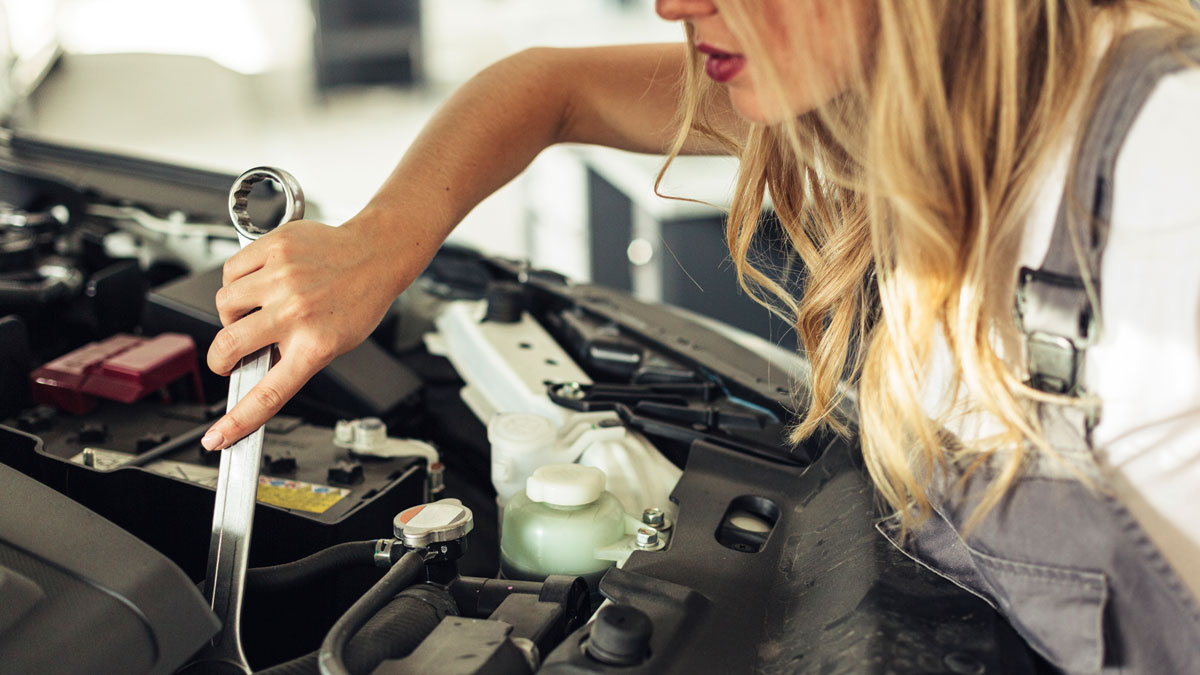Owning a car is an investment that can retain or lose value depending on how well it is maintained. Whether you’re planning to sell your car in a few years or keep it for the long haul, taking the right steps to maintain its value is essential. Here’s a guide to ensuring that your car stays in top condition and retains its value over time.
1. Regular Maintenance: Keep Up with the Basics
One of the most important ways to maintain your car’s value is by sticking to a regular maintenance schedule. This includes oil changes, tire rotations, brake checks, and regular inspections. Consistent maintenance ensures your car runs smoothly, reducing the risk of expensive repairs down the line. A well-maintained car is more likely to pass safety and emissions tests, which can increase its resale value.
Regular servicing also helps maintain the car’s engine and critical components. Keeping the engine in good shape can prevent it from deteriorating, which is a key factor in preserving the car’s overall value. Additionally, always keep a log of your car’s maintenance history. Potential buyers often look for well-documented service records, as they give insight into the car’s overall health.
2. Keep It Clean – Inside and Out
First impressions matter, and a clean car is much more appealing than a dirty one. Wash your car regularly to prevent dirt and grime from building up, which could damage the paint over time. Waxing your car every few months will help protect the paint and keep the vehicle looking fresh.
Don’t forget the interior. Vacuum the seats and carpets regularly to avoid dirt buildup. Also, clean the dashboard, upholstery, and any leather surfaces with the appropriate cleaning products. Keeping the interior tidy not only preserves the vehicle’s appearance but also makes it more comfortable for both you and future owners.
3. Protect the Paint and Finish
The exterior of your car is exposed to various elements such as rain, snow, UV rays, and bird droppings, all of which can damage the paint. To protect the exterior, consider investing in a high-quality paint protection film or ceramic coating, which creates an invisible barrier that shields the paint from scratches, stains, and fading.
Parking in a garage or under a carport can also help protect your car’s finish from harsh weather conditions. If garage parking is unavailable, use a car cover for added protection, especially during extreme weather or the summer months when UV damage is more likely.
4. Drive Responsibly
How you drive can have a significant impact on your car’s longevity. Aggressive driving, such as rapid acceleration, hard braking, and sharp turns, puts stress on the engine, transmission, and tires, which can lead to faster wear and tear. Smooth, controlled driving can minimize the risk of mechanical issues and help the vehicle hold its value.
Additionally, avoid overloading your car, as excessive weight can strain the suspension system and lead to premature tire wear.
5. Mind the Mileage
Mileage plays a major role in a car’s resale value. The fewer miles on the odometer, the higher the price it can fetch when you decide to sell or trade it in. If possible, avoid long road trips and opt for public transportation or carpooling when feasible. However, if long trips are inevitable, be sure to keep up with maintenance, as higher mileage cars with documented service records often perform better and retain value longer.
6. Address Issues Promptly
Small problems can turn into costly repairs if left unattended. If you notice anything unusual, such as strange noises, warning lights, or changes in how the car drives, take it to a mechanic immediately. Minor issues like a cracked windshield, worn-out tires, or a malfunctioning air conditioning unit, when left unaddressed, can quickly affect the car’s resale value.
Getting repairs done in a timely manner not only ensures the car’s optimal performance but also prevents more extensive damage in the future.
7. Preserve the Tires
Tires are one of the first components that show signs of wear. Keeping them in good condition is essential for both safety and value. Regularly check the tire pressure, tread depth, and overall condition of the tires. Misaligned or under-inflated tires not only reduce fuel efficiency but can also cause uneven wear that may require early replacement.
8. Avoid Modifications
While customizations like new paint jobs, upgraded sound systems, and aftermarket wheels might seem appealing, they can reduce your car’s resale value. Many buyers prefer cars that are closer to the original factory design. While some modifications might appeal to a niche market, for the most part, keeping your car in its original condition will allow it to retain its maximum value.
Conclusion
By following these simple yet effective tips, you can significantly extend the lifespan of your car and ensure it retains its value. A car that is well-maintained, clean, and free from major mechanical issues will hold its value over time, giving you a higher return when you decide to sell or trade it in. By putting in the effort to care for your vehicle, you’re not only preserving its worth but also improving your overall driving experience.





